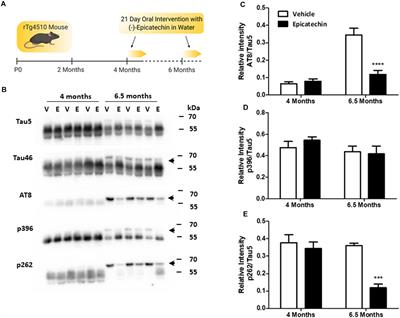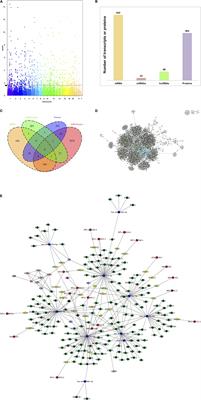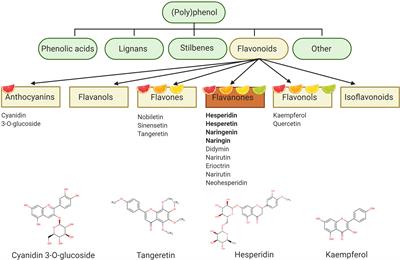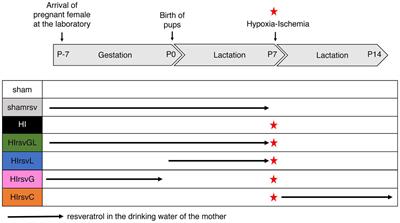EDITORIAL
Published on 21 Jul 2022
Editorial: Polyphenols' action on the brain
doi 10.3389/fnins.2022.947761
- 1,829 views
- 4 citations
11k
Total downloads
65k
Total views and downloads
EDITORIAL
Published on 21 Jul 2022
ORIGINAL RESEARCH
Published on 22 Mar 2022

ORIGINAL RESEARCH
Published on 13 Oct 2021

BRIEF RESEARCH REPORT
Published on 16 Jun 2021

SYSTEMATIC REVIEW
Published on 24 May 2021

ORIGINAL RESEARCH
Published on 26 Mar 2021

REVIEW
Published on 19 Feb 2021

ORIGINAL RESEARCH
Published on 15 Jan 2021

ORIGINAL RESEARCH
Published on 15 Jan 2021

